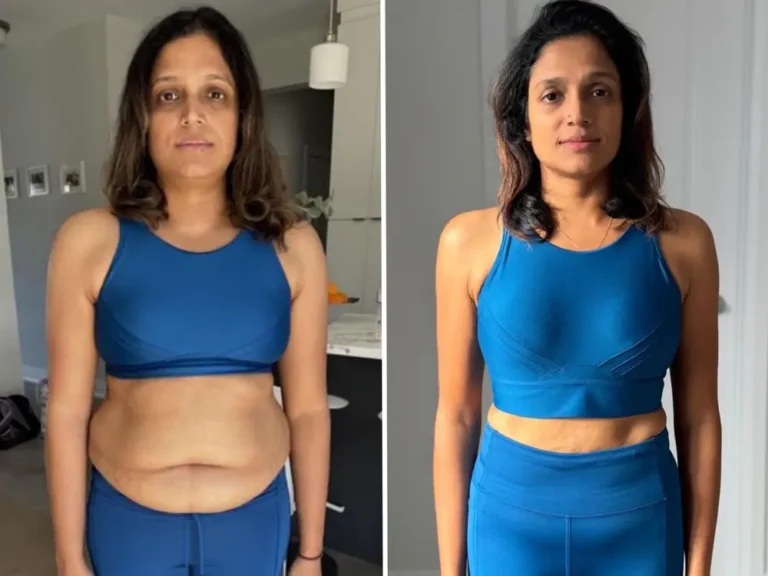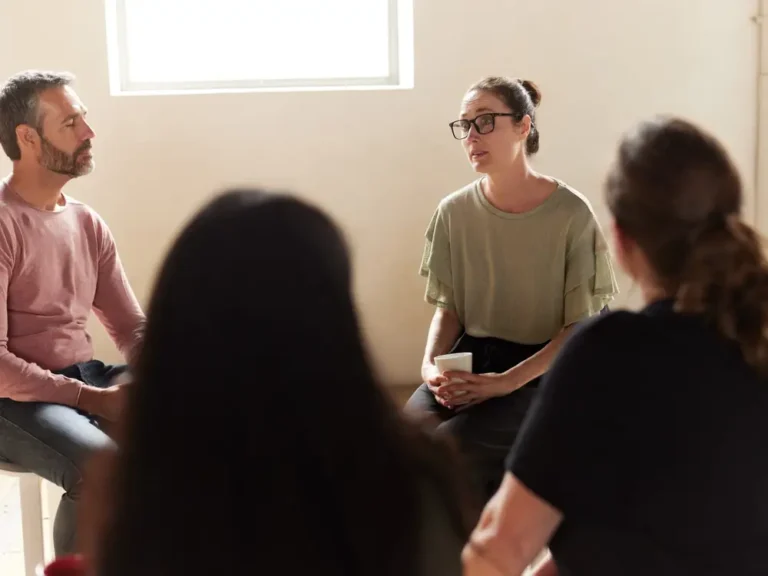A sports medicine doctor shares 3 things she does to maintain muscle and stay active as she grows older

Dr. Vonda Wright follows the healthy aging advice she gives to patients.
A doctor who specializes in active aging shared three things she does to stay healthy and mobile as she grows older.
Dr. Vonda Wright, a double board-certified orthopedic surgeon based in Florida, whose roles include helping Olympians avoid injury, told B-17 that maintaining powerful muscles and strong bones is key to leading a long, healthy life.
Research suggests that 50% of people who break a hip never fully regain their mobility, and 30% over 65 die within a year, Wright said.
That’s why Wright sees healthy musculoskeletal aging as “a lifelong pursuit.” Developing healthy habits between the ages of 35 and 45, what she calls “the critical decade,” can help you maintain your mobility and strength as you age, she said.
“It’s critical that we start paying attention now,” Wright, the author of “Fitness After 40,” added.
Wright shared three tips that she sticks to herself for staying active well into her golden years.
Learn how to lift weights
Wright recommends strength training to build as much muscle as possible, particularly in the critical decade.
As we age, we naturally lose muscle mass, which is crucial for everyday movements like standing up from a chair. The process starts in our 30s and 40s and picks up between the ages of 65 and 80.
“Let’s build as much muscle as we can because from that, we will then live longer and be stronger and build better bones,” she said. “If we need to, let’s hire somebody. Let’s save up a little money and learn how to lift.”
A growing body of research has linked lifting weights to living longer. In a 2022 study published in the journal JAMA, researchers looked at data from the National Health Interview Survey that detailed how much and what type of exercise more than 115,000 people over the age of 65 did for around eight years.
They found that those who did strength training at least twice a week were less likely to die of any cause than those who did less.
Eat a high-protein diet and plenty of vitamin D

Eating a high-protein diet helps build muscle.
In order to build muscle, you also have to make sure you eat enough protein, Wright said.
Mike Molloy, a nutrition coach to elite athletes, previously told B-17 that he advises people to eat about 0.75 grams of protein per pound of total body mass, or 1.6 grams per kilogram.
Protein is a major component of bone, so it’s important for building strong bones, too, Wright said.
Vitamin D, which helps regulate the amount of calcium and phosphate in the body, is crucial for maintaining bone density, she said, so getting enough is vital. Most people get enough vitamin D from sunlight, but those living in colder climates are unlikely to get enough during winter and fall.
Vitamin D is found in a small number of foods, such as oily fish, red meat, and egg yolks.
Take exercise micro-breaks from your desk
Most of us spend our entire careers sitting at a desk 10 hours a day, which leads to muscle loss and an “incredibly weak” musculoskeletal system, Wright said. “It’s one of the hallmarks of aging,” she said.
It’s also linked to early death. A 2024 study published in the Journal of the American Heart Association using data from almost 6,000 mobile women aged 63 to 99 found that those who sat for 11.6 hours or more a day were 57% more likely to die from any cause.
To combat this, Wright recommends taking short breaks regularly throughout the day to do some physical activity.
“Doing ten wall squats or ten chair squats or ten prisoner squats is really amazing for maintaining musculoskeletal health,” she said.
She recommended setting a reminder to go off every 45 minutes.






